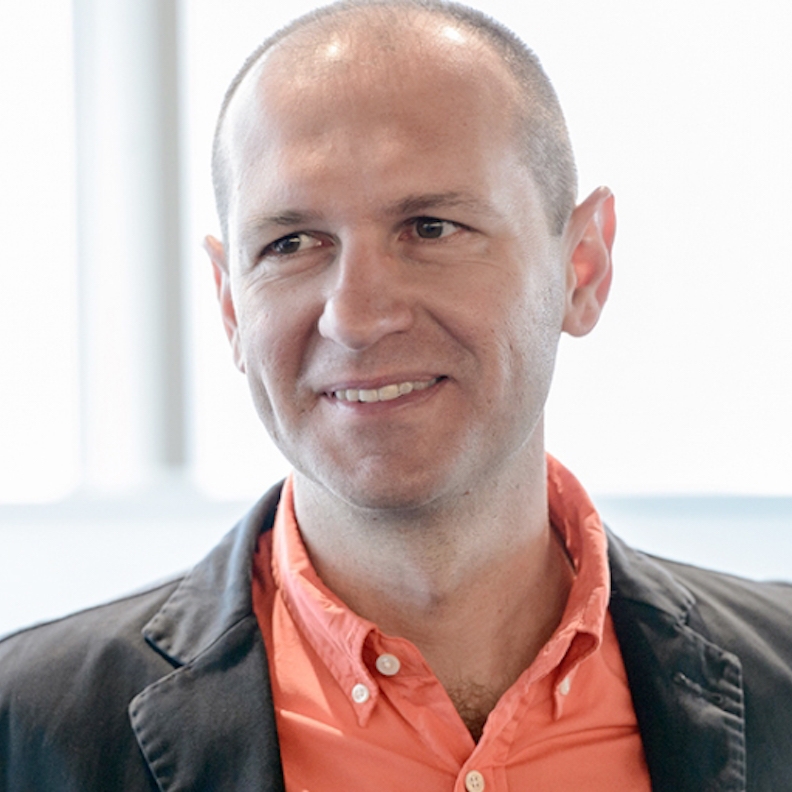
FAYETTEVILLE, Ark. – What is research reproducibility, and why is it important? Why is it not sufficient only to publish research findings? The importance of scientific findings and their validity has been very clear during this COVID-19 pandemic. If we can't guarantee the validity of our science how can we expect policymakers to make the right decisions? If research is not reproducible and easily reused how can we rely and build upon it?
These questions and others will be discussed during a virtual conference hosted by the U of A's Research Reproducibility and Replicability Committee of the office for Research and Innovation. The conference will be held via Zoom at 2 p.m. Wednesday, May 27. This webinar is highly recommended for all graduate students and researchers to learn about the current issues of reproducibility and replicability of research. Please register for the event on the Research and Innovation website.
The conference will address how reproducibility and replicability impact research and publishing opportunities, why researchers need to publish supporting data for analysis, and what societies, technical communities, publishers and funding agencies find interesting. Participants will be able to directly interact with the speaker and glean knowledge from his expertise. VCRI will record the entire conference.
Simon Adar, founder and chief executive officer of Code Ocean, a cloud-based computational reproducibility platform, will be the keynote speaker. Code Ocean streamlines computational research with an integrated management platform that enables researchers to create data analysis projects, easily collaborate, share and publish the complete code, data, computing environment and results. His presentation will last for an hour and will include a demonstration of the Code Ocean platform.
Adar received his PhD from Tel-Aviv University in the field of hyperspectral image processing. He was also a Runway postdoc awardee at the Jacobs Technion-Cornell Institute. Simon previously collaborated with the DLR — the German Space Agency — on the European FP7 funded EO-MINERS project to detect environmental changes from airborne and spaceborne sensors.
Code Ocean creates and shares data for researchers in academia and private corporations. Major research publications, such as Nature, as well as universities and biopharma companies, use it for code and data peer review.
The event was originally organized by the R&R Committee to be held during Research Week; due to event cancelations in the wake of the pandemic, the R&R Committee adapted the format to continue the presentation and interactive discussion.
About the University of Arkansas: The University of Arkansas provides an internationally competitive education for undergraduate and graduate students in more than 200 academic programs. The university contributes new knowledge, economic development, basic and applied research, and creative activity while also providing service to academic and professional disciplines. The Carnegie Foundation classifies the University of Arkansas among fewer than 3 percent of colleges and universities in America that have the highest level of research activity. U.S. News & World Report ranks the University of Arkansas among its top American public research universities. Founded in 1871, the University of Arkansas comprises 10 colleges and schools and maintains a low student-to-faculty ratio that promotes personal attention and close mentoring.
Contacts
Sarah Brown, communications assistant
Office of Research and Innovation
479-575-6874,
Matt McGowan, science and research communications officer
University Relations
479-575-4246,